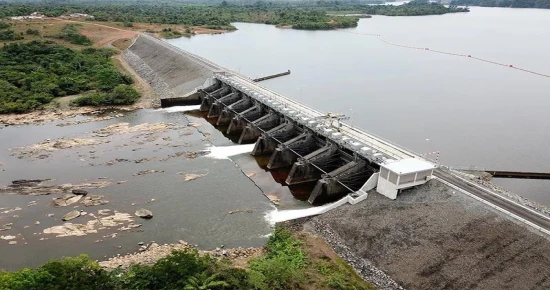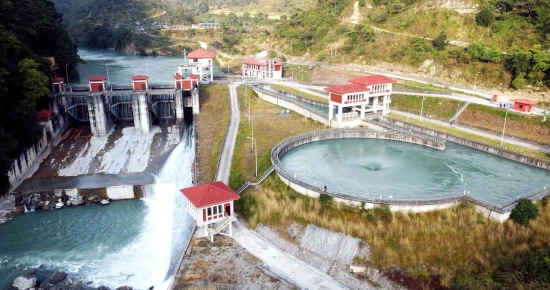As we turn the page to our second issue, the Global Carbon Council continues to translate ambition into tangible progress. In this quarter, we celebrate a surge in project registrations, the expansion of our digital infrastructure, and new partnerships that are shaping the regional and global carbon landscape.
Each milestone reflects a shared commitment — from project developers to policymakers — to build a transparent, equitable, and high-integrity carbon market. Together, we are not just reducing emissions; we are redefining what credible climate action looks like for the Global South and beyond.
Project Registration Highlights
Projects Submitted
Our fully digital GCC 2.0 platform continues to streamline and accelerate project registration. In the second and third quarters, 50 new projects were submitted, reinforcing GCC’s commitment to transparency, credibility, and real-world climate impact. Every project added strengthens GCC’s mission to connect innovative climate solutions with verified carbon finance, ensuring that emissions reductions translate into measurable progress toward Net Zero.
Registered Projects
As of September 2025, 175 projects have officially joined the GCC portfolio, each one a tangible step toward a more sustainable future. Between April – September, 32 projects completed registration. These numbers reflect not just growth, but the dedication and collaboration of stakeholders worldwide. These numbers signify not just statistics, but a testament to the unwavering commitment and collaboration of stakeholders across the globe.
Featured Projects
Issuance Snapshot: Testament to Progress

- Q2–Q3 2025 Issuance: 2,895,391 ACCs issued from Apr–Sep 2025.
- Cumulative Issuance: Total issuance September reaches 12,295,000 ACCs.
- ACC Issuance Requests Under Assessment by GCC: 31 projects currently under assessment for forthcoming ACC issuances, totaling ~12 million ACCs.
- GCC 2.0 Project Portal: Over 13 PMRs submitted under the new portal, with a total of 9.33 million credits issued. Additional projects are transitioning from GCC 1.0 to GCC 2.0 standards.
New in GCC
Transforming Project Management: GCC 2.0 User Manual
GCC has released the all-in-one GCC 2.0 Projects Portal Manual—a comprehensive, user-friendly guide designed to support project participants throughout the full project lifecycle under the upgraded GCC 2.0 portal.
With clear instructions, screenshots, and system prompts, this manual simplifies complex workflows, making it the go-to reference for both new GCC 2.0 users and those transitioning from GCC 1.0.
Events Highlights
Aug 2025
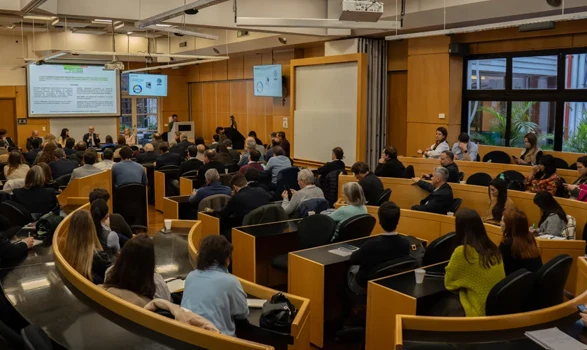
GCC Participation – Biogas and Biomethane Conference
Sep 2025
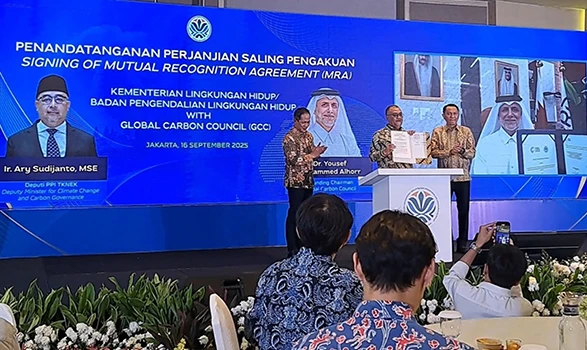
GCC & Indonesia Sign MRA to Advance High-Integrity Carbon Markets
Sep 2025

GCC Strengthens Carbon Market Engagement
Nov 2025
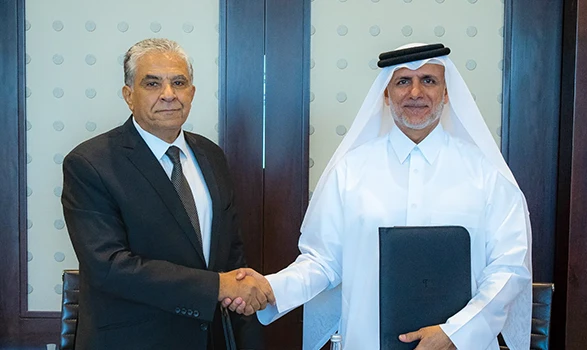
GCC Signs MoU with CEDARE to Advance Climate Action and Sustainable Finance


